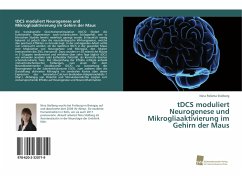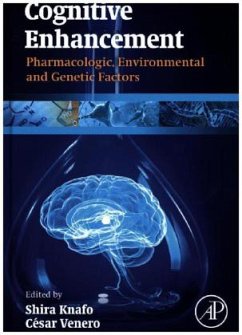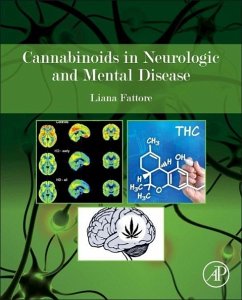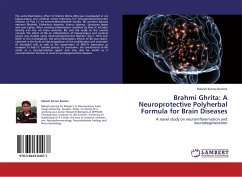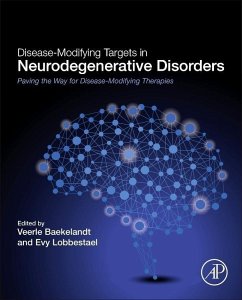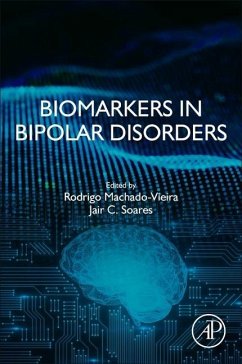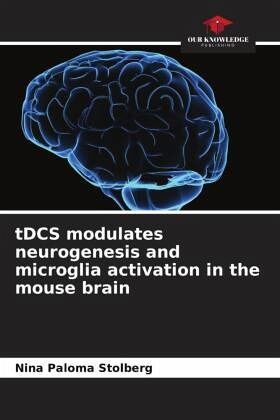
tDCS modulates neurogenesis and microglia activation in the mouse brain
Versandkostenfrei!
Versandfertig in 6-10 Tagen
40,99 €
inkl. MwSt.

PAYBACK Punkte
20 °P sammeln!
Transcranial direct current stimulation (tDCS) promotes functional regeneration after ischemic stroke, as has been demonstrated repeatedly in clinical studies. However, surprisingly little is known about the neurobiological mechanism underlying these positive effects. The present study aimed to investigate whether repetitive tDCS in healthy mice modulates neurogenesis and microglia, the local immune cells of the CNS. To this end, n=20 male mice were randomized into 5 groups and received daily tDCS of either anodal or cathodal polarity over ten days, with sham-stimulated animals serving as cont...
Transcranial direct current stimulation (tDCS) promotes functional regeneration after ischemic stroke, as has been demonstrated repeatedly in clinical studies. However, surprisingly little is known about the neurobiological mechanism underlying these positive effects. The present study aimed to investigate whether repetitive tDCS in healthy mice modulates neurogenesis and microglia, the local immune cells of the CNS. To this end, n=20 male mice were randomized into 5 groups and received daily tDCS of either anodal or cathodal polarity over ten days, with sham-stimulated animals serving as controls. The effects were examined using immunohistochemical staining, on the one hand with the neuroblast marker doublecortin (DCX) to evaluate neurogenesis in the subventricular zone (SVZ), and on the other hand by visualizing activated microglia in the cerebral cortex via their expression of ionized calcium-binding adapter molecule-1 (Iba1). Depending on polarity and stimulation density, promising effects on neurogenesis and neuroinflammation were observed.





